Support for Drug Price Negotiation Brings Partisans Together in the U.S.
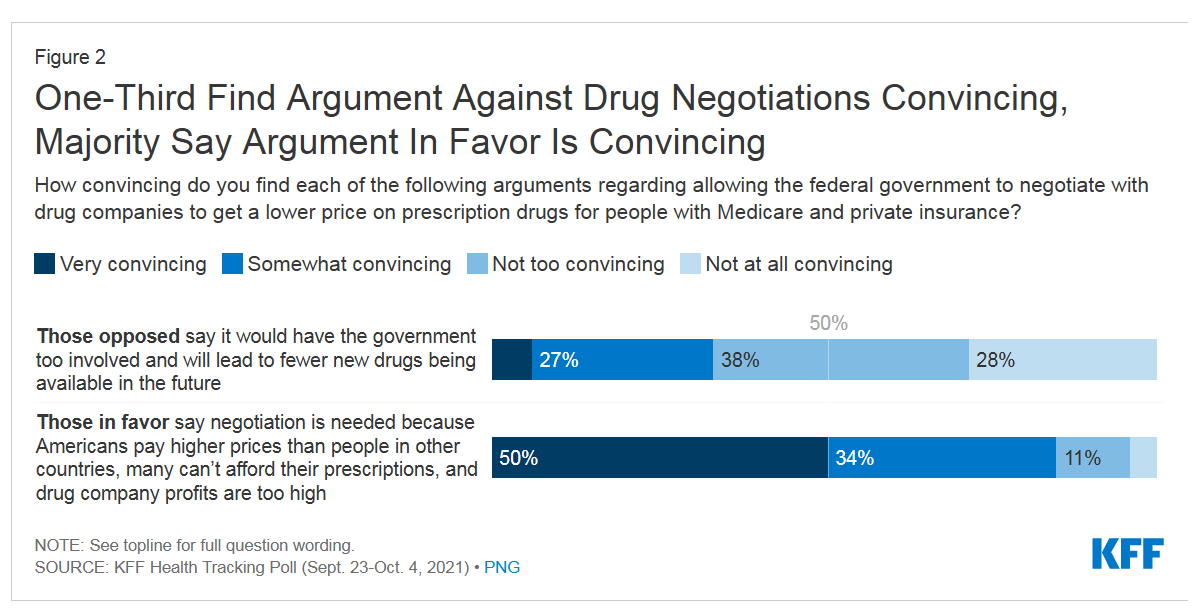
Most U.S. adults across political parties favor allowing the Federal government authority to negotiate for drug prices — even after hearing the arguments against the health policy. Drug price negotiation, say by the Medicare program, is a unifying public policy in the current era of political schisms in America, based on the findings in a special Kaiser Family Foundation (KFF) Health Tracking Poll conducted in late September-early October 2021. Overall, 4 in 5 Americans favor allowing the Federal government negotiating power for prescription drug prices, shown in the first chart from the KFF report. By party, nearly all Democrats agree
What Health Care Can Learn from Chick-fil-A, Clorox, and Chewy – Liberating Health

When we think about “3 C’s” for health care experience leadership, we might turn to Cleveland Clinic, Cigna, and CVS/health. In my latest post for the Medecision Liberation site, I point to a new trio of “C’s” to inform and inspire our patient/consumer/caregiver experience designs: Chick-fil-A, Clorox, and Chewy. Why these three? I explain, “Whether you share enthusiasm for these brands or not, news outlets and industry observers have noted these three organizations have weathered the pandemic well when it comes to improving the consumer experience and increasing customer engagement and satisfaction.” What health care can learn: These organizations streamlined
The Biggest Threat to Our Health Isn’t the Next Pandemic or Cancer…It’s Climate Change
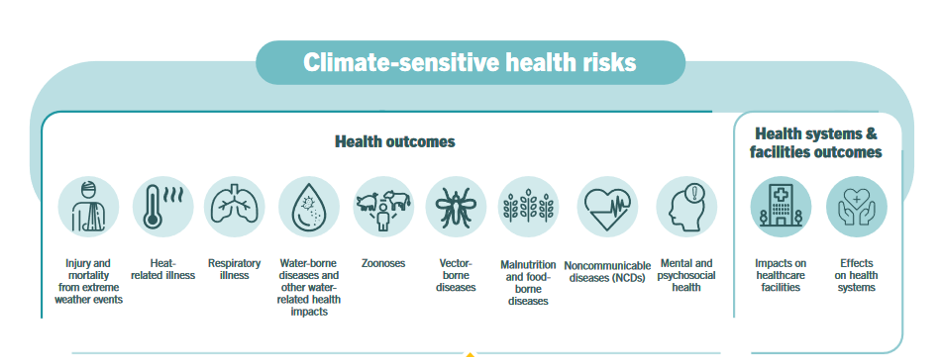
Before the coronavirus emerged, the top causes of death in developed countries were heart disease, cancers, diabetes, and accidents. Then COVID-19 joined the top-10 list of killers in the U.S. and the issue of pandemic preparedness for the next “Disease X” became part of global public health planning. But the biggest health threat to human life is climate change, according to a new report from the World Health Organization titled The Health Argument for Climate Action. It’s WHO’s special report on climate change and health, dedicated to the memory of Ella Kissi-Debrah — a child who died succumbing to impacts
Consider Mental Health Equity on World Mental Health Day
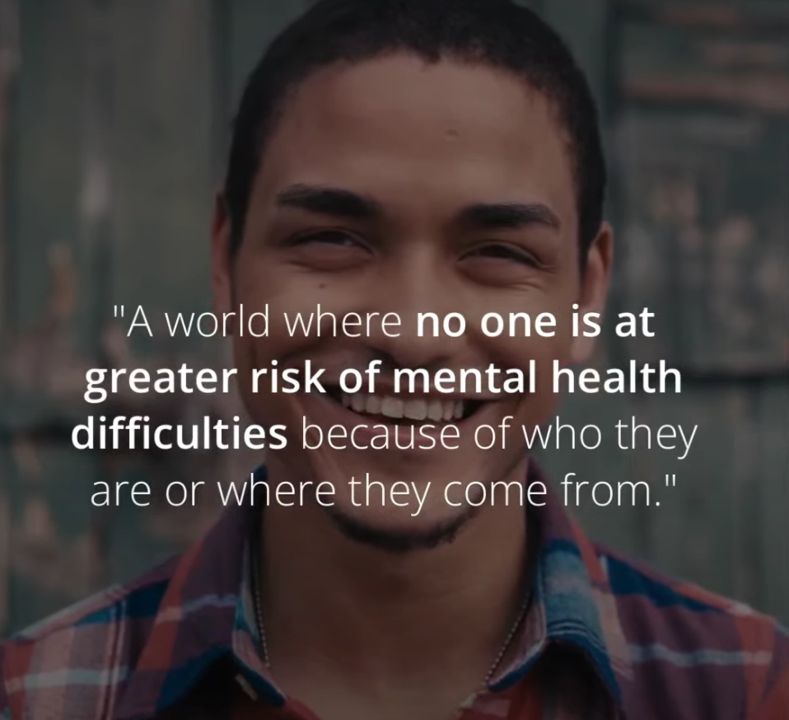
COVID-19 exacted a toll on health citizens’ mental health, worsening a public health challenge that was already acute before the pandemic. It’s World Mental Health Day, an event marked by global and local stakeholders across the mental health ecosystem. On the global front, the World Health Organization (WHO) describes the universal phenomenon and burden of mental health on the Earth’s people… Nearly 1 billion people have a mental disorder Depression is a leading cause of disability worldwide, impacting about 5% of the world’s population People with severe mental disorders like schizophrenia tend to die as much as 20 years earlier
Health Privacy and Our Ambivalent Tech-Embrace – Lessons for Digital Health Innovators
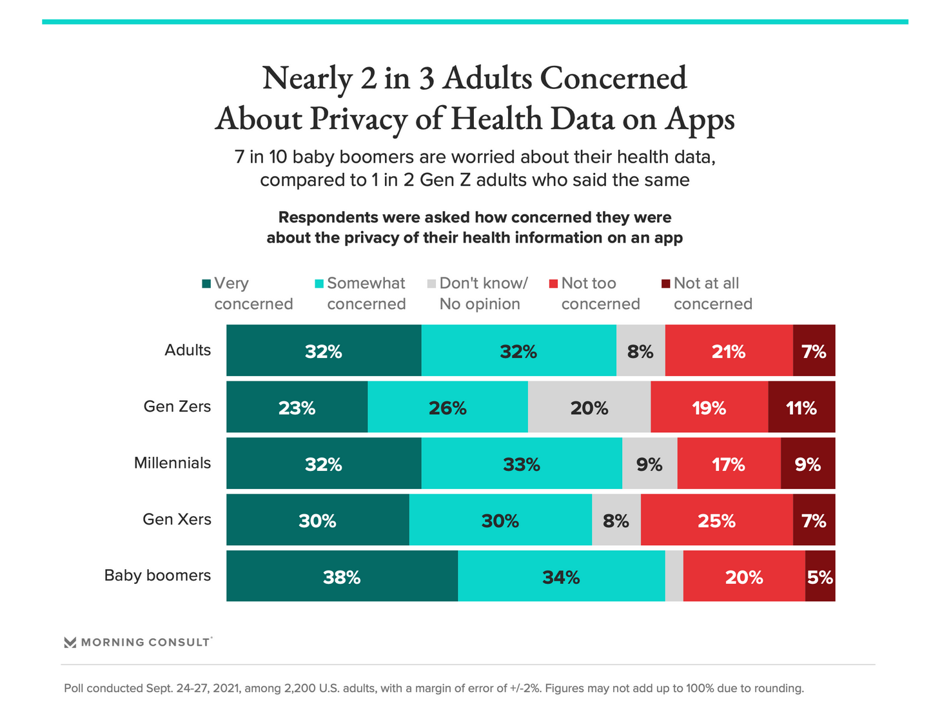
A new look into Americans’ views on health privacy from Morning Consult provides a current snapshot on citizens’ concerned embrace of technology — worried pragmatism, let’s call it. This ambivalence will flavor how health citizens will adopt and adapt to the growing digitization of health care, and challenge the healthcare ecosystem’s assumption that patients and caregivers will universally, uniformly engage with medical tools and apps and technologies. More Boomers are concerned with health data app privacy than Gen Z consumers, as the chart illustrates. 46% of U.S. adults said that health monitoring apps were not an invasion of privacy; 32%
Why CES 2022 Will Be Keynoted by a Health Care Executive
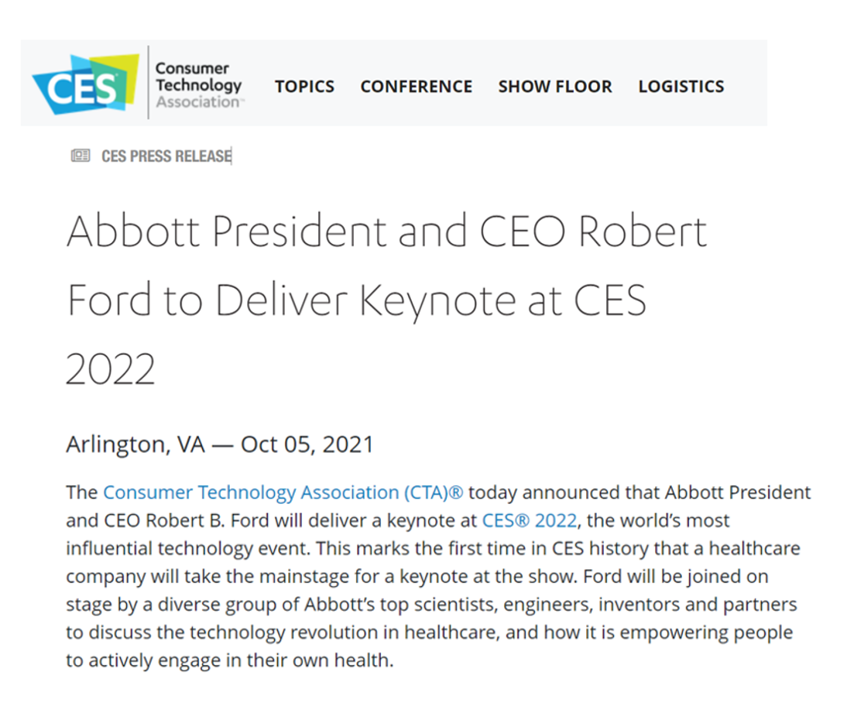
The Consumer Technology Association (CTA) announced that Robert Ford, CEO and President of Abbott, will give a keynote speech at CES 2022, the world’s largest annual convention of the technology industry. This news is a signal that health care and the larger tech-enabled ecosystem that supports health and well-being is embedded in peoples’ everyday lives. Digital health as a category has been a growing feature at CES for over a decade, starting with the early wearable tech era of Fitbit, Nike, Omron and UnderArmour, early exhibitors at CES representing the category. By 2020, the most recent “live, in person” CES,
Crossing the Pond by Plane in the Age of Corona – My View From the Hygienic Skies and on the Ground in Belgium

Years before we knew how to spell “coronavirus,” I gained Italian citizenship while retaining my U.S. citizenship. My family’s plan was to, soon thereafter, split time for work and life between the U.S. and the E.U. Then, COVID-19 emerged as a pandemic the world over, and the move to Brussels in January 2020 was quite short-lived. Now, the plan is in play and I’m writing this post from our home in Brussels, Belgium. Why Brussels? Among many smart reasons, the city is welcoming, our farm-to-table food style is doable, the walkability is brilliant, and the transportation options are accessible to
Clinician Burnout in the Age of COVID
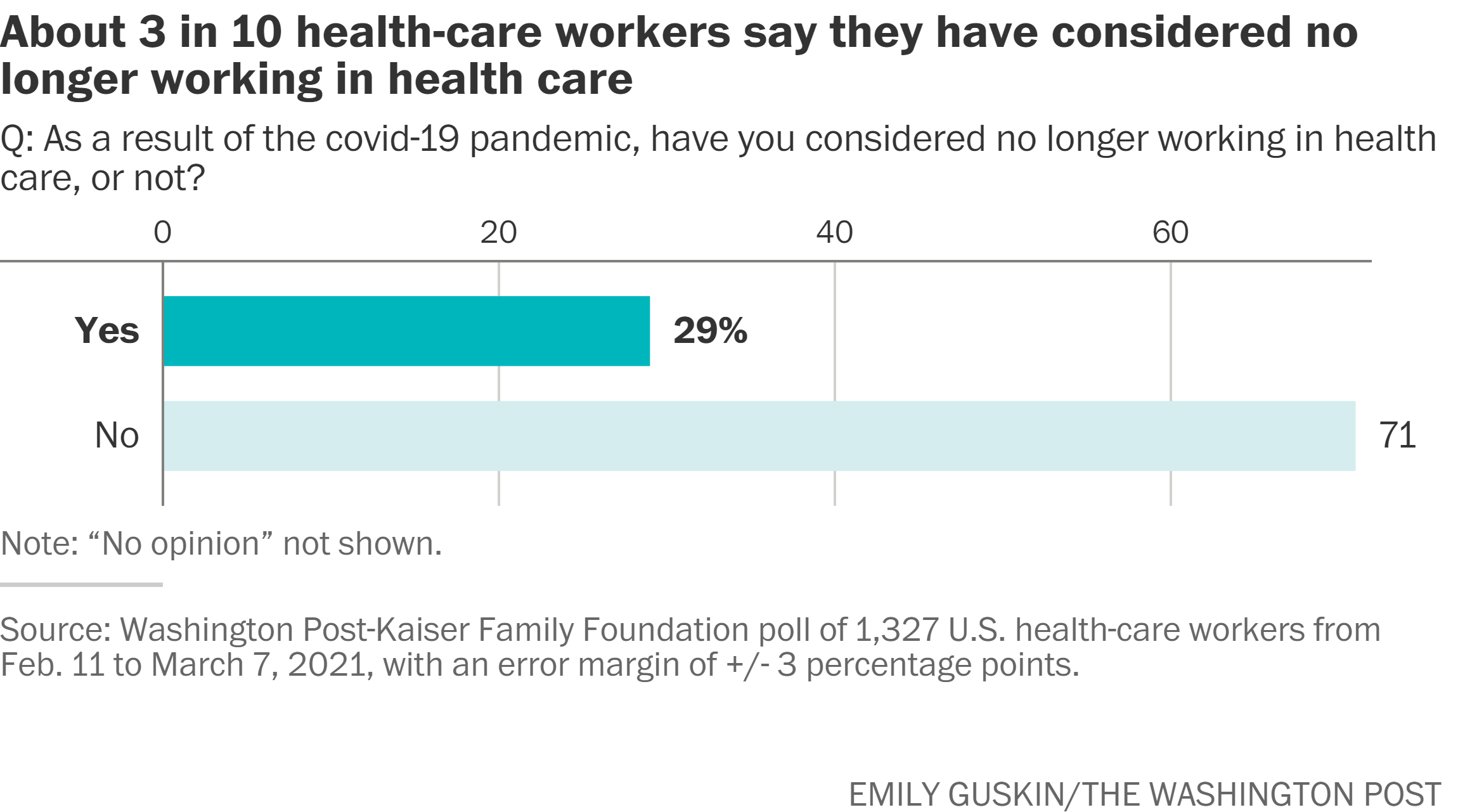
My latest essay for Medecision’s Liberation site digs into the sobering statistics on clinical burnout across the medical professions. From doctors to nurses, physician assistants and other licensed allied health human capital, our health care providers are in a world of hurt. This was initiated with the emergence of the COVID-19 pandemic. But the public health crisis, Delta variant, and lack of universal precautions adopted by U.S. health citizens have exacerbated an already-challenging scenario for individual clinicians and the organizations with whom they work and collaborate. But there’s an even bigger picture, and that’s the risk clinician burnout in its
Genentech’s Look Into the Mirror of Health Inequities
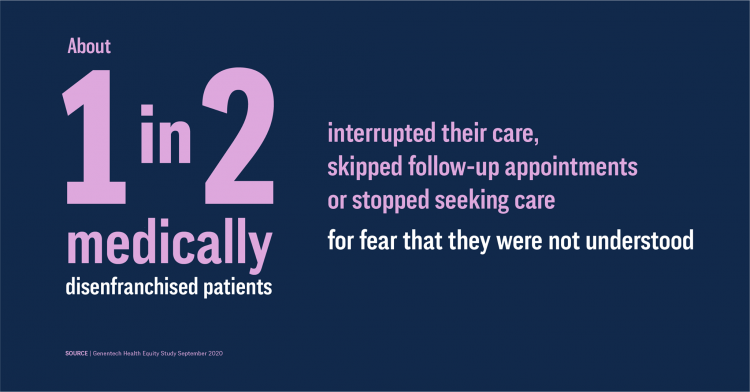
In 2020, Genentech launched its first study into health inequities. The company spelled out their rationale to undertake this research very clearly: “Through our work pursuing groundbreaking science and developing medicines for people with life-threatening diseases, we consistently witness an underrepresentation of non-white patients in clinical research. We have understood inequities and disproportionate enrollment in clinical trials existed, but nowhere could we find if patients of color had been directly asked: ‘why?’ So, we undertook a landmark study to elevate the perspectives of these medically disenfranchised individuals and reveal how this long-standing inequity impacts their relationships with the healthcare system
Chronic Medical Conditions, Mental Health, and Equity On Employers’ Minds for 2022 – Employee Health in the Wake of COVID-19
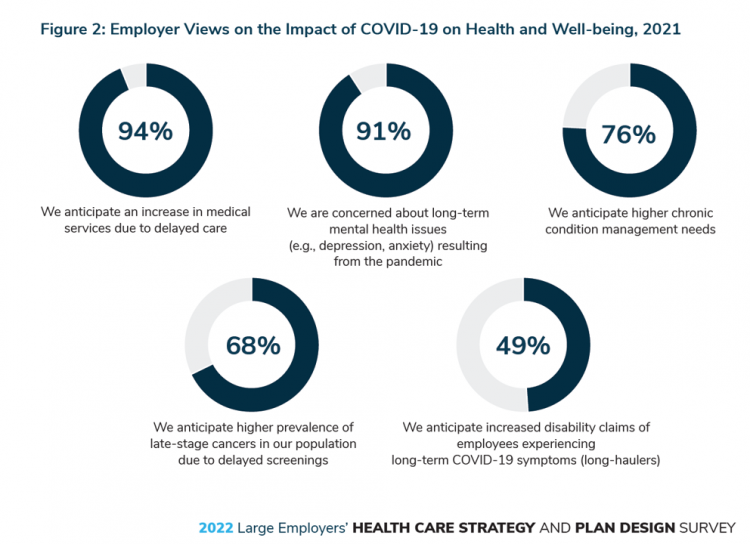
One in two people in the U.S. receive health insurance through employers. As large employers tend to be on the vanguard of benefit plan design, it’s useful to understand how these companies are thinking ahead on behalf of their employees. With that objective, it’s always instructive to explore the annual study from the Business Group on Health, the 2022 Large Employers’ Health Care Strategy and Plan Design Survey. As a result of the COVID-19 pandemic, large employees have many concerns about worker and dependents’ health. The biggest firms in America providing health insurance for workers are expecting an increase in
A Negative Outlook for US Hospital Margins Through 2021
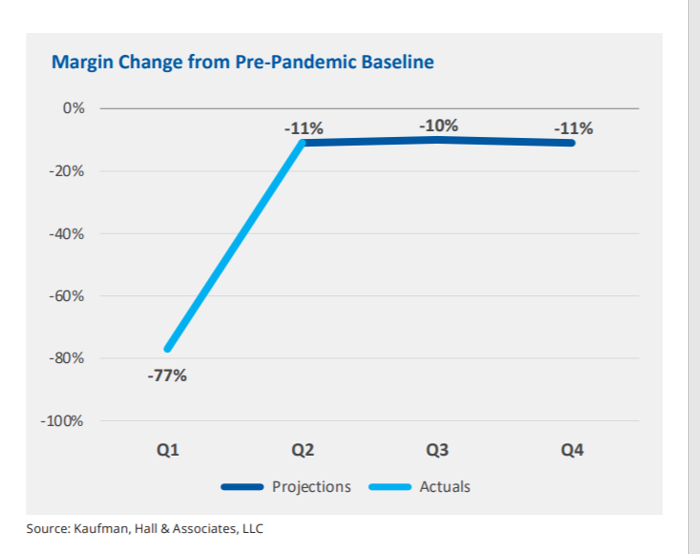
In the fourth quarter of 2021, U.S. hospital margins will still be lower than before the COVID-19 pandemic, Kaufman, Hall & Associates project in their latest read on hospital finances. Kaufman Hall has been monitoring hospitals’ financial health in the coronavirus era since March 2020, month-by-month. This new report looks into the Financial Effects of COVID-19: Hospital Outlook for the Remainder of 2021. This report was conducted on behalf of the American Hospital Association (AHA), who succinctly summarized the forecast saying, “COVID-19 [is] expected to drive continued hospital losses throughout 2021.” That projection is further couched in the concern that
Telehealth is Health: It’s Telehealth Awareness Week
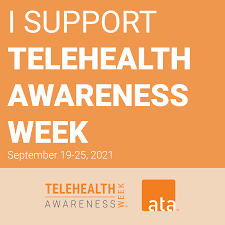
In April 2020, telemedicine morphed into mainstream medical care as hospitals and physicians risk-managed exposure to infection by meeting with patients, virtually, when possible. By March 2020, telehealth channels were replacing visits to doctors and emergency departments as shown in the first chart from the CDC’s report on the early pandemic period. By the spring of 2021, telehealth use stabilized, but health systems had built the processes and policies to deliver on the promise of omni-channel health care — from the patient’s home and hands (via smartphones) into community sites closer-to-home, and returning to brick-and-mortar medical buildings. Welcome to Telehealth
#HelloHumankindness and Happy New Year….
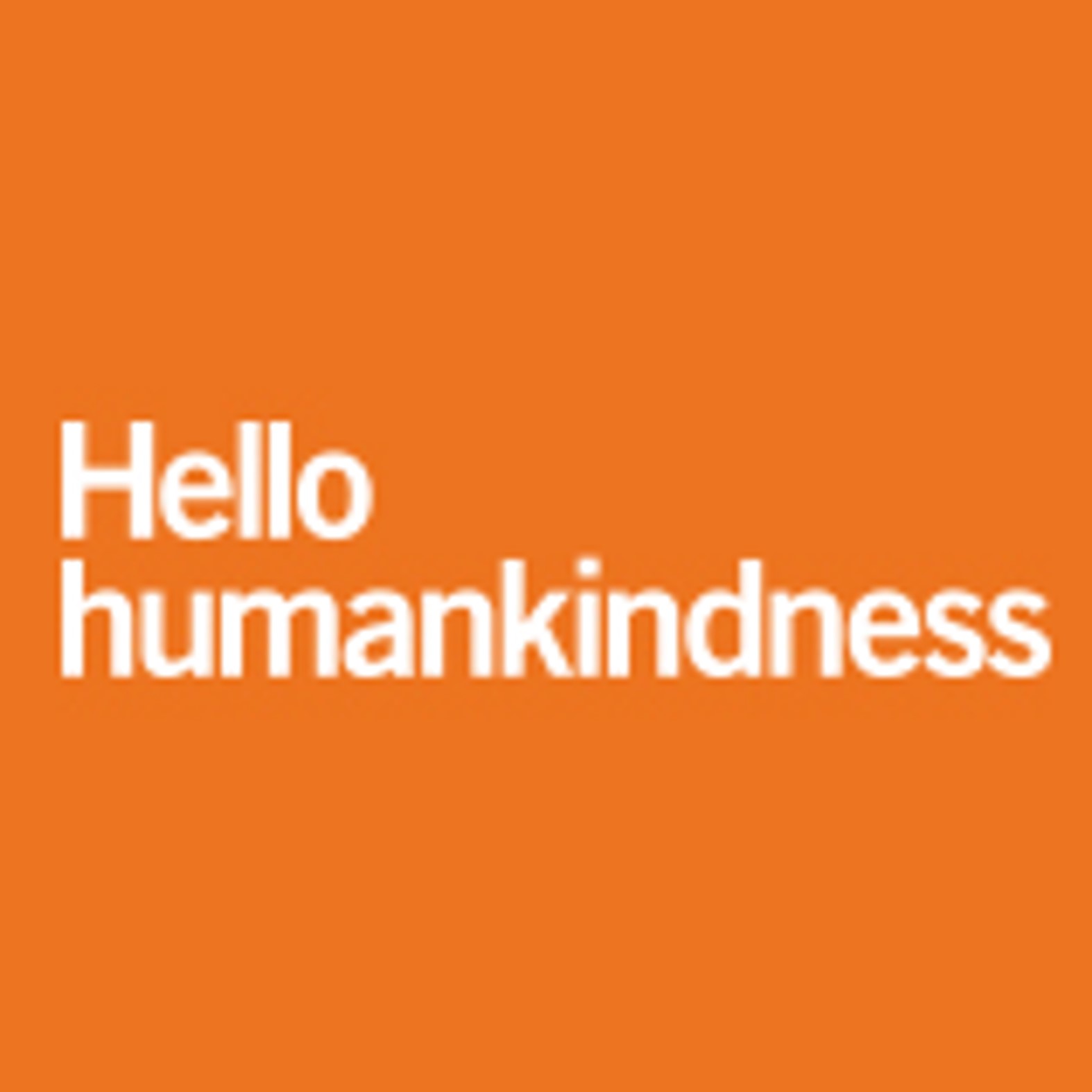
When Dignity Health, the Catholic health care system, launched the “Hello humankindness” PR campaign in June 2013, well, they had me at “Hello.” When the project went live, Dignity Health’s President/CEO Lloyd Dean provided the rationale for the program, saying: “What’s missing in the public discourse about health care is the fact that while medicine has the power to cure, it’s humanity that holds the power to heal.” Dean pointed to two drivers shaping U.S. culture and the nation’s health care industry: The institutionalization of health care, and, The decline of civility in society. That was 2013. #HelloHumankindness sought to
Necessity is the Mother(board) – How COVID-19 Inspires Local Communities to Build Broadband
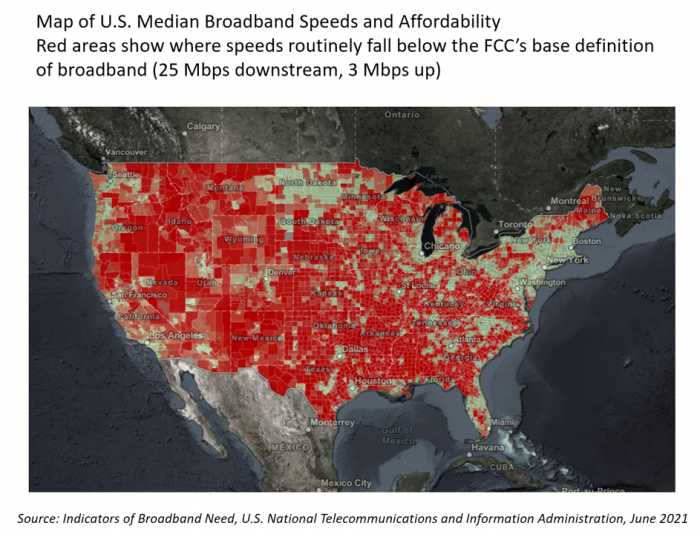
“The simple fact is that the federal and state governments are doing almost nothing to help people who have a broadband service available that partially meets their needs but abuses them with regular price hikes, spotty reliability, and poor customer service. Local governments will continue to step in to build better networks because communities have very few other options.” That “necessity is the mother” motivation to build broadband comes from Christopher Mitchell, Director of the Community Broadband Networks Initiative at the Institute for Local Self-Reliance (ILSR). [FYI, Mitchell’s Twitter handle is @communitynets]. Mitchell is quoted in the story, New data
The Risk of Food and Nutrition Security in America – A Bipartisan Concern and Call-to-Action from the BPC
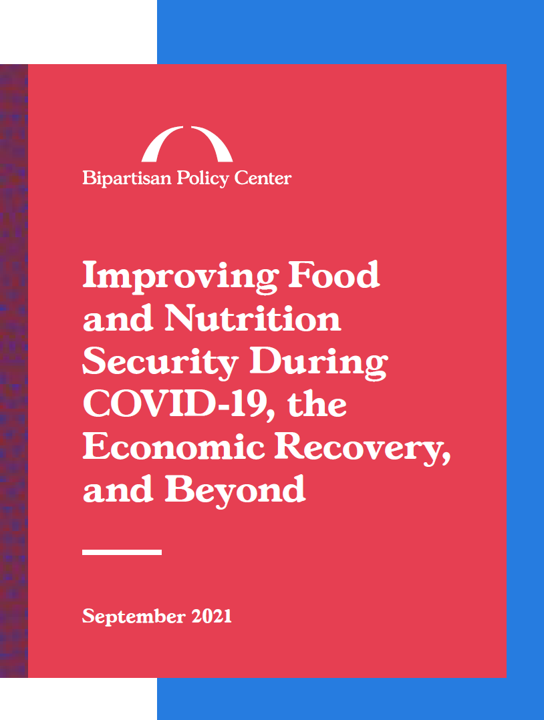
The COVID-19 pandemic exacerbated food insecurity in the U.S., a situation that was already challenging for millions of American families before the public health crisis emerged. While several Congressional and administrative actions were implemented in 2020 and the first half of 2021, the issue of food insecurity — defined as being unable to acquire enough food due to insufficient money or resources — remains a tragic aspect of daily living for many Americans — and especially for children who live in households where jobs have been lost and incomes reduced. Nutrition security has also been a health risk where people
New Primary Care, Retail and Tech Entrants Motivating Hospitals to Grow Consumer Chops
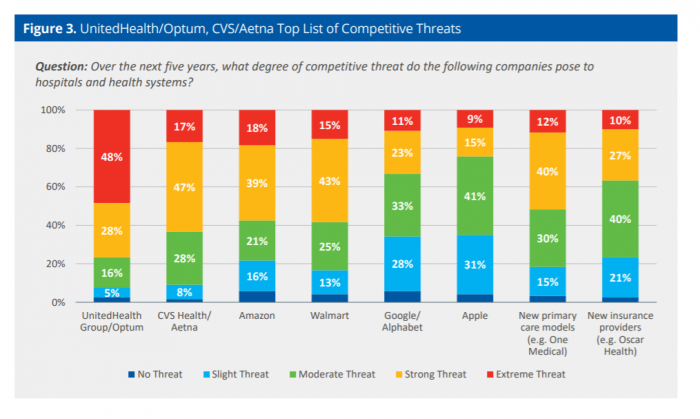
Rising costs, generational shifts, digital transformation, and fast-growing investments in new health care models and technologies are forcing change in the legacy health care, noted in the State of Consumerism in Healthcare 2021: Regaining Momentum, from Kaufman, Hall & Associates. As the title of Kaufman Hall’s sixth annual report suggests, health care consumers are evolving — even if the traditional healthcare system hasn’t uniformly responded in lock step with more demanding patients. Kaufman Hall analyzed 100 health care organizations in this year’s consumerism survey to assess their readiness to embrace consumer-centric strategies, understand how the industry prioritizes these approaches, evaluate
#LoveThyNeighbor – A Faith-Based Call for Vaccination
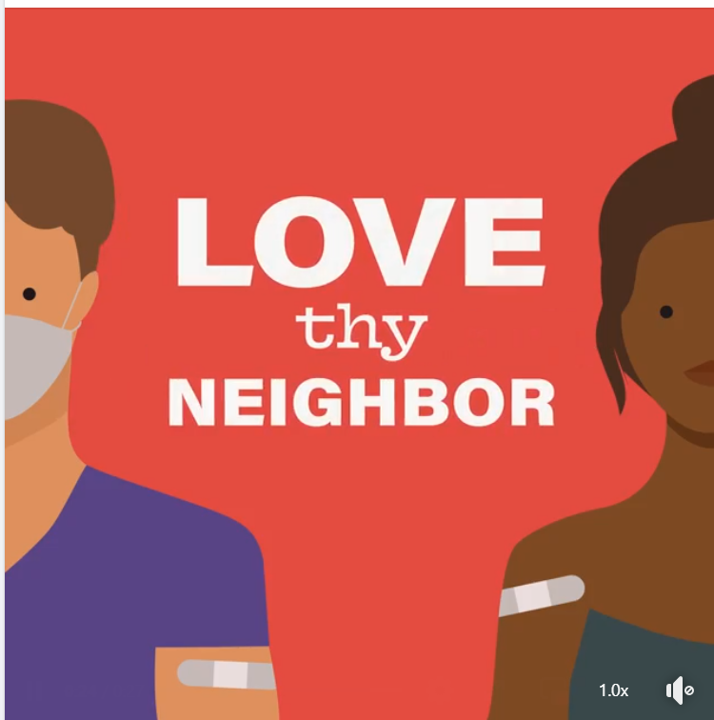
The Catholic Health Association (CHA) is urging Americans to “love thy neighbor” by getting the COVID-19 vaccine, Sister Mary Haddad wrote in an editorial published in Modern Healthcare, published on September 3, 2021. Sister Mary is CEO and President of CHA. “Some may suggest that there are moral and religious concerns to receiving the COVID-19 vaccine,” Sister Mary observed. “We strongly affirm the position of the leaders of the Catholic Church: the vaccines are morally acceptable and getting vaccinated is “an act of love.” she asserted. CHA launched a portal on the act of love, featuring lots of science-based articles
A Nutrition Label for Health IT
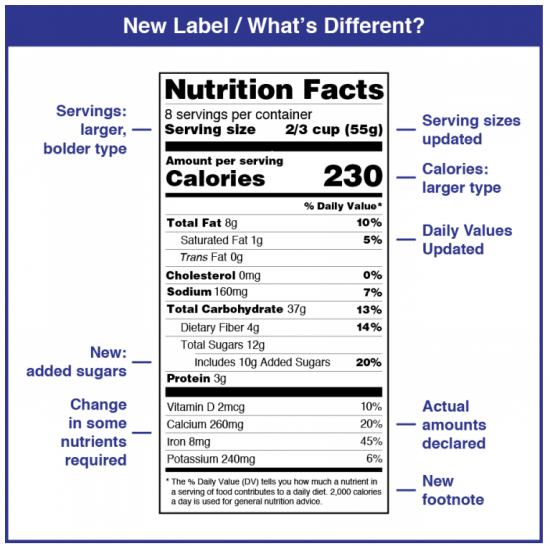
“Shouldn’t we, as a society, demand a nutrition label on our algorithms?” asked Dr. John Halamka. Dr. Halamka, President of the Mayo Clinic Platform, was speaking at the HIMSS 2021 annual conference on the meeting’s digital channel. Artificial intelligence and health equity were two key themes discussed during #HIMSS21, and Dr. Halamka’s concerns echoed through the week-long event. To illustrate the need for a healthier approach to AI, he offered this scenario: “If I use a data set of one million Scandinavian Lutherans to create the most amazing EKG algorithm ever and then we decide to use it in Spain,
CVS (mental)Health – the growth of mental health @ retail
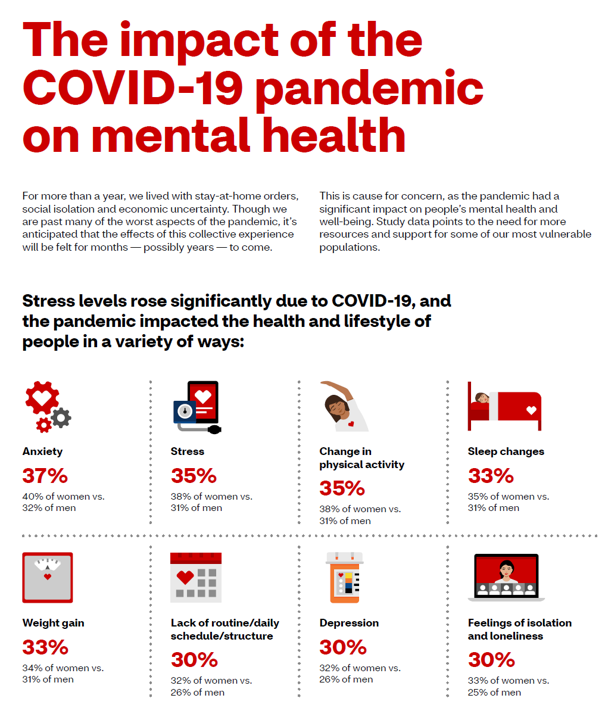
“CVS wants to be your therapist, too,” the Wall Street Journal reported on 31st August, discussing the plans of retail stores, Big Box and pharmacies, adding mental health services to their growing health/care portfolios. The coronavirus spawned an epidemic inside and beyond the pandemic throughout the U.S.: very clear and widespread mental and behavioral health impacts that have become a new and transparent normal in America. Enter CVS Health, joining retail health competitors such as Walgreens and Walmart, both of which have been growing services to help consumers access help to deal with anxiety, depression, and stress. The first chart
Health Disparities in America: JAMA Talks Structural Racism in U.S. Health Care
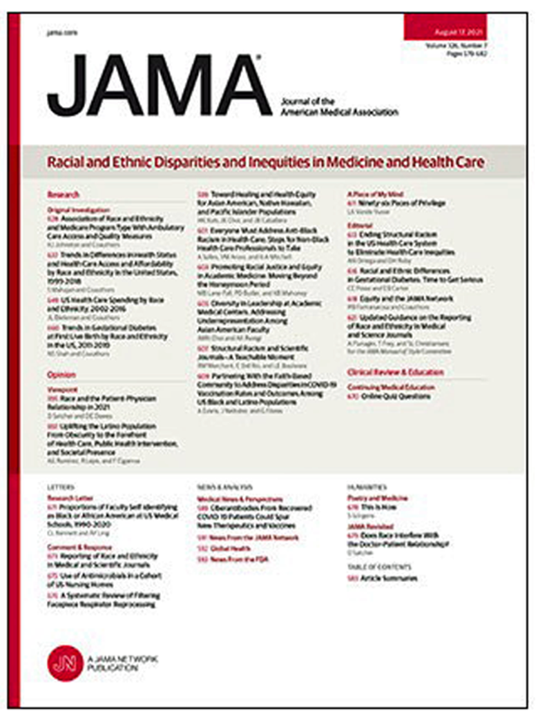
“Racial and ethnic inequities in the US health care system have been unremitting since the beginning of the country. In the 19th and 20th centuries, segregated black hospitals were emblematic of separate but unequal health care,” begins the editorial introducing an entire issue of JAMA dedicated to racial and ethnic disparities and inequities in medicine and health care, published August 17, 2021. This is not your typical edition of the Journal of the American Medical Association. The coronavirus pandemic has changed so many aspects of American health care for so many people, including doctors. Since the second quarter of 2020,





 For the past 15 years,
For the past 15 years, 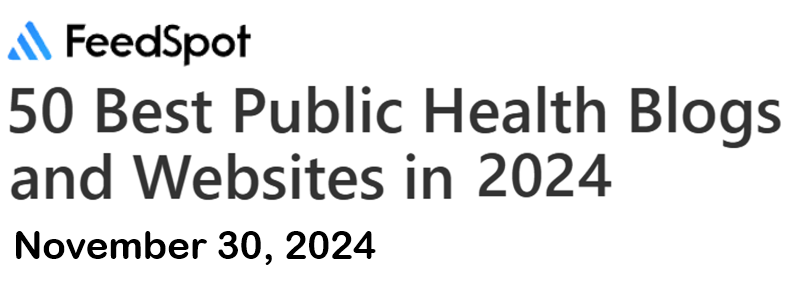 Thank you, Feedspot, for
Thank you, Feedspot, for 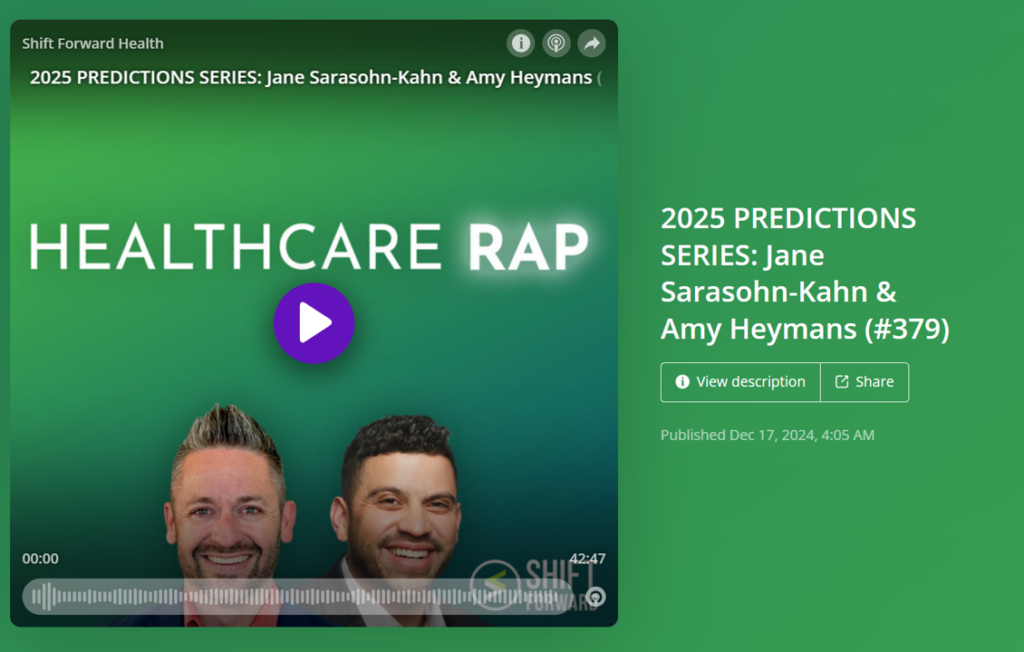 It's becoming a (beloved) annual tradition for my brilliant friend and health care design maven Amy Heymans as we re-convene for the third year (or is it the fourth?)
It's becoming a (beloved) annual tradition for my brilliant friend and health care design maven Amy Heymans as we re-convene for the third year (or is it the fourth?)